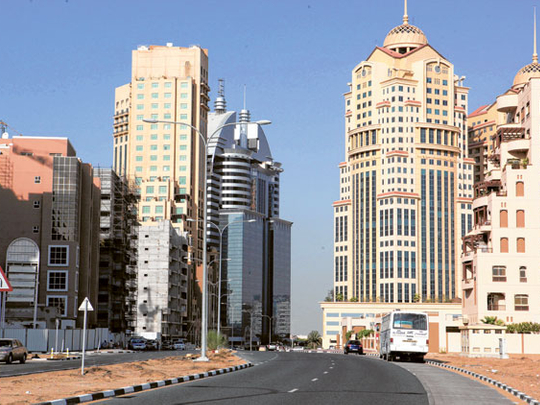
Dubai: Emiratis were by no means alone in being hit by the plunge of Dubai's property market, when both novices and experienced investors were stung by flipping one apartment too many.
While analysts say there are no current figures to quantify how many Emiratis lost money during that period, legal action against investors as well as well-publicised government debt payoffs suggest that it was significant.
But, Saeed Hirsh, a London-based economist at Capital Economics, explained that middle class Emirati investors were perhaps in a more difficult position when the heyday ended — in that they could not simply get on a plane and never come back.
"As with any other nationality that invested speculatively, Emiratis were party to the boom. But one key difference is that, unlike expatriates, Emiratis cannot leave, but must face up to the fallout from the property crash, such as mortgage arrears, bankrupt developers, worthless properties and unfinished projects," he said.
A recent ruling by the government to pay off the debts of hundreds of such Emiratis has, therefore, been largely welcomed by analysts, who argue that the move not only allows these individuals to get out of debt but also reduces the burden of unpaid loans on local banks.
"The property crash had important consequences for the economy and has been a drag on banks ever since. This reduces some pressure on the banking sector by taking care of some of the non-performing loans," Hirsh said. "It is [also] important from a social perspective that, at a time when oil revenues are at a record high, UAE citizens are able to share in some of the proceeds."
Nick MacLean, managing director for the Middle East at CB Richard Ellis, agreed that the move was welcome, but pointed out that the current state of the market — having bottomed out in some sectors — meant that developers were targeting Emiratis more than ever.
"Emiratis have access to land across the emirates where foreign investors do not. In that respect, Emirati investors have a clear advantage over their foreign counterparts," he said.
Hirsh is less optimistic. While it is true that Emiratis have better access to property across the country, the sector is still struggling. "The fact that bank lending to the sector has slowed significantly and general confidence in the sector was eroded means that investment in property has dropped too. That goes for Emiratis and expatriates alike," he said.









